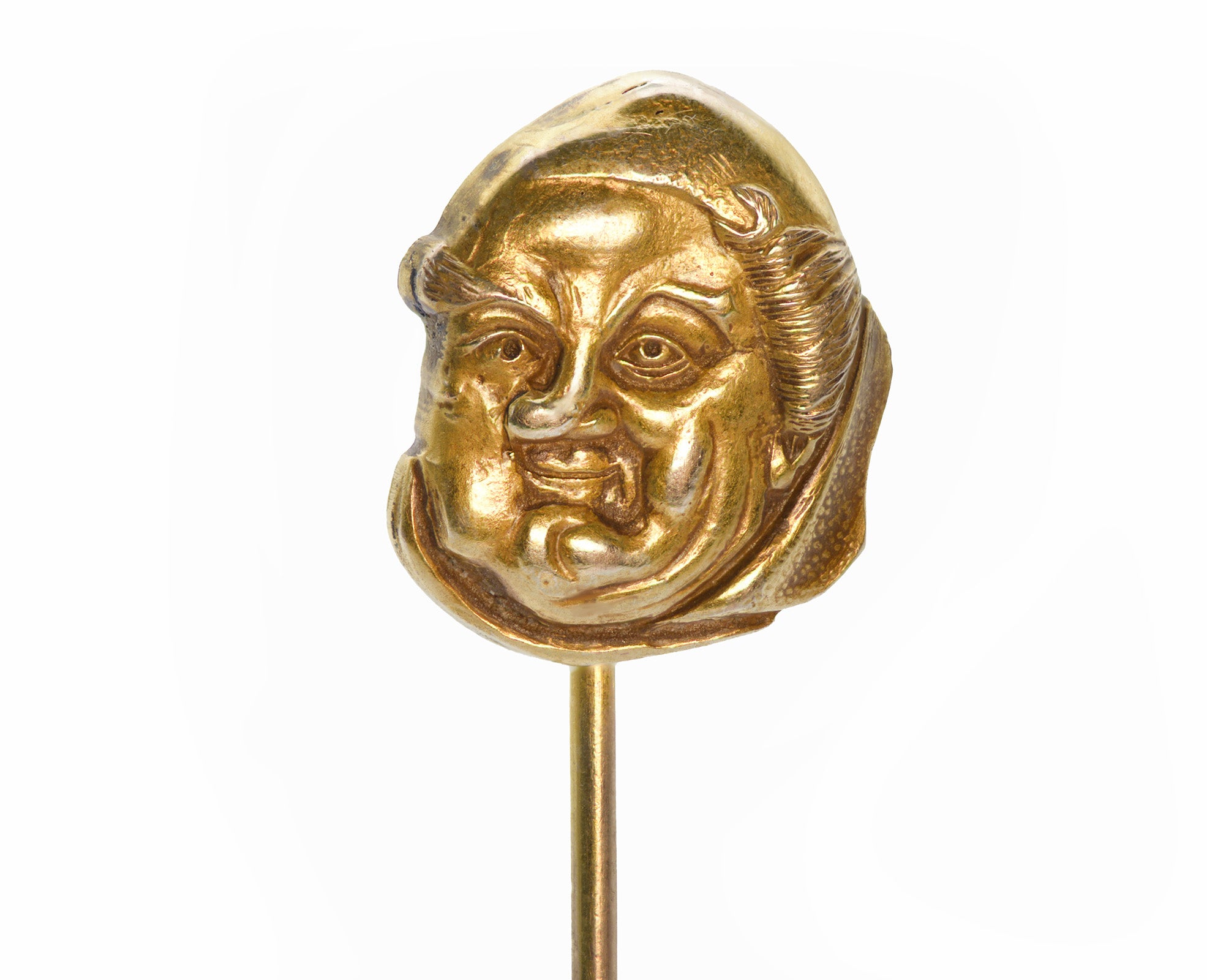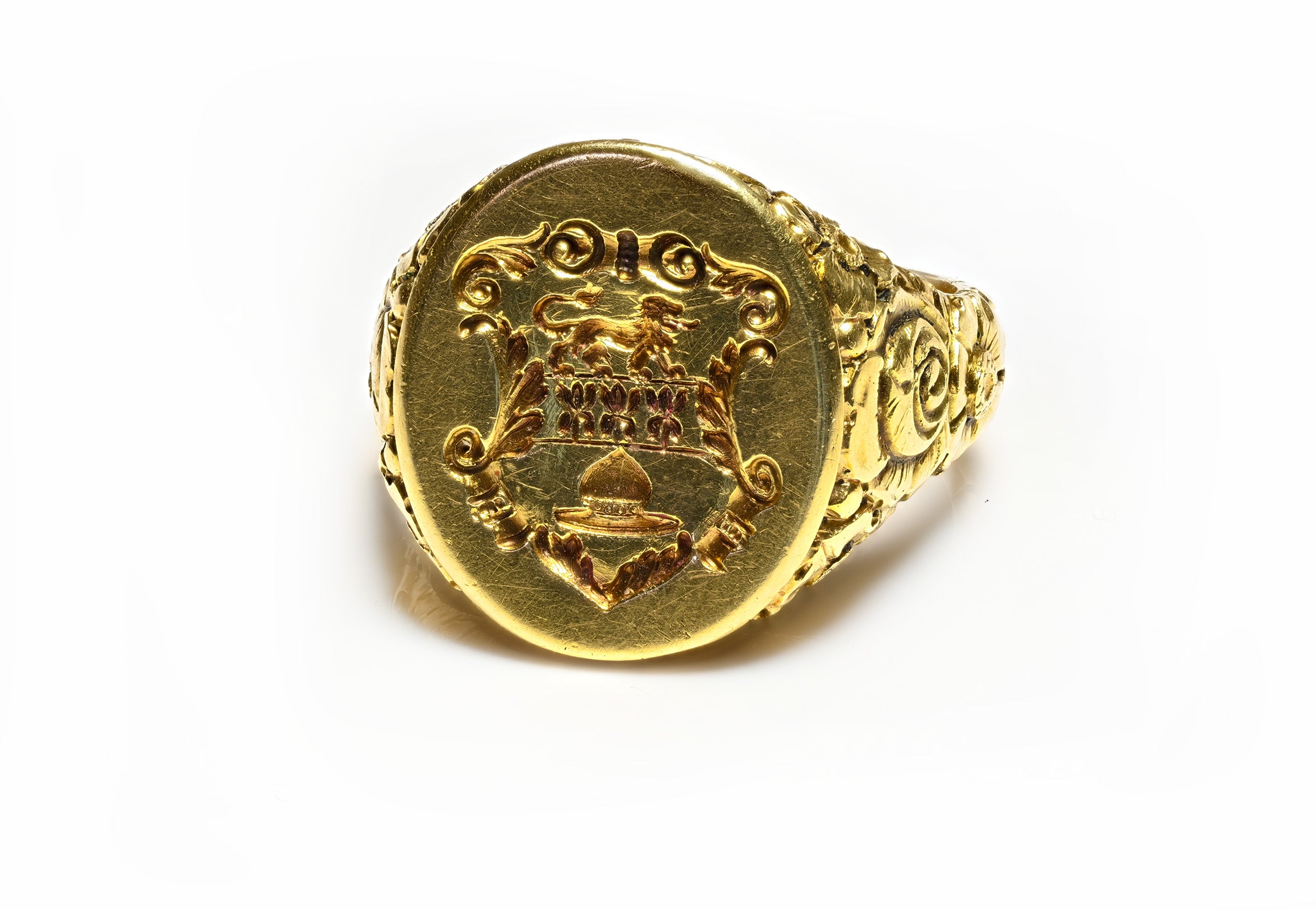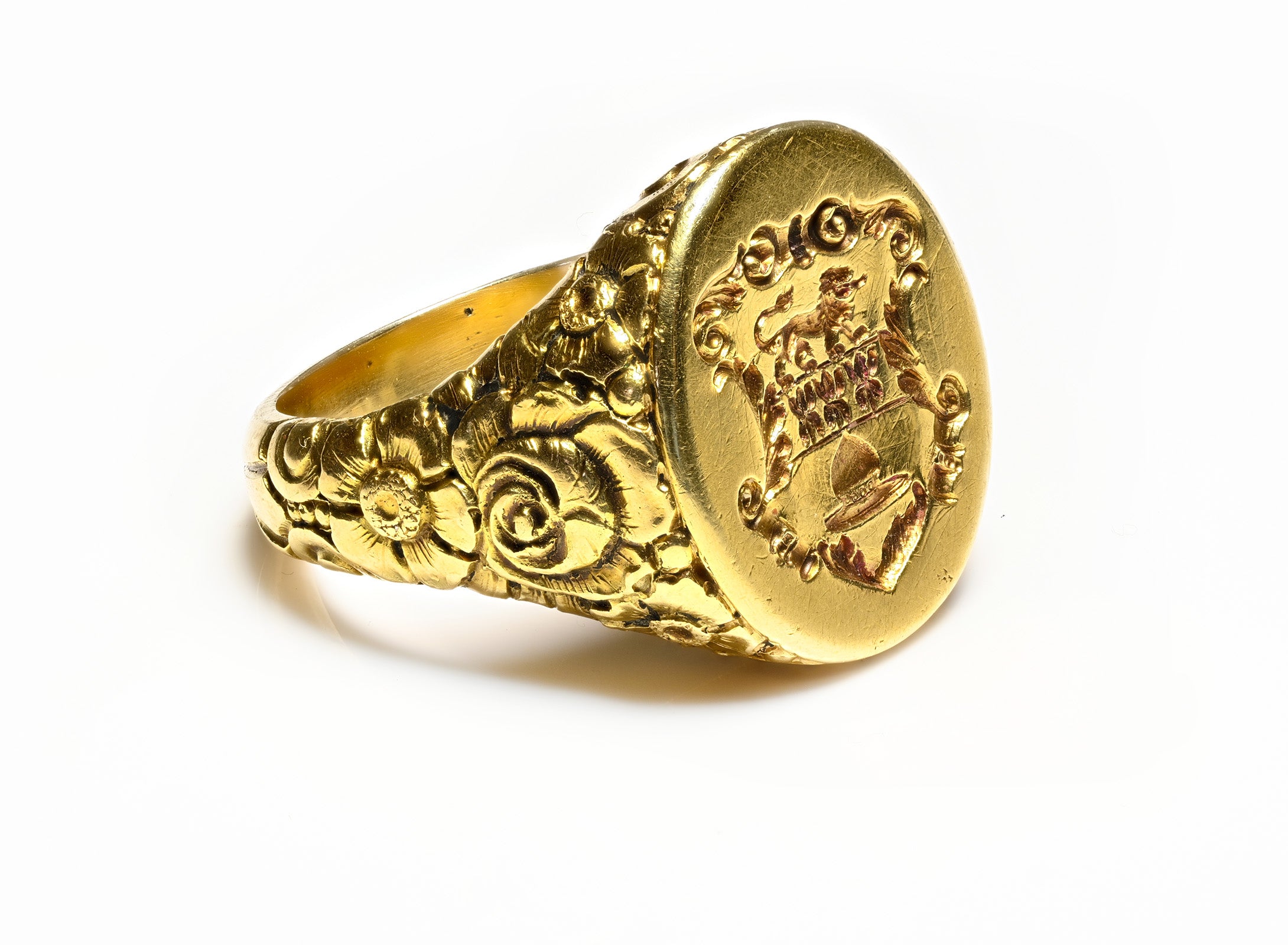
Queen Elizabeth's Alleged Lack of Confidence in Charles? Discreet Measures Taken
In a revealing account, it has been suggested that the late Queen Elizabeth harbored a "slight lack of confidence" in the ability of King Charles to effectively lead the royal family.
To address her concerns, Her Majesty took discreet measures, including enlisting the expertise of a former MI5 chief, Andrew Parker, to ensure a smooth transition, as outlined in Omid Scobie's recent book, "Endgame."
Addressing The Queen's Concerns: A Strategic Move
According to The Express, as the Covid pandemic waned, Queen Elizabeth, recognizing her declining health, embarked on strategic preparations for the future of the monarchy. A key move involved appointing Andrew Parker, Baron Parker of Minsmere, as the new Lord Chamberlain in the spring of 2021.
 Photo Credit: The Royal Family
Photo Credit: The Royal Family
This calculated decision, described as part of a "slow transition," aimed to pave the way for King Charles to assume a more prominent role. Sources within royal circles revealed that the appointment of Baron Parker, a former MI5 chief, was influenced by the queen's "slight lack of confidence" in her son's capacity to effectively lead the royal family.
The Queen's Trusted "New CEO"
In confidential discussions with a senior member of the royal family, Queen Elizabeth reportedly referred to Baron Parker as "my new CEO" of the firm, symbolizing the importance of this strategic appointment. This move underscores the queen's commitment to ensuring a seamless transition and maintaining the stability and continuity of the monarchy.
As the pages of Scobie's book unfold, readers gain insight into the final days of Queen Elizabeth at Balmoral. On September 8, the day the queen peacefully passed away at the age of 96, her two elder children, King Charles and Princess Anne, remained by her side overnight.
Meanwhile, Prince Andrew, Prince Edward, the Countess of Wessex, and Prince William embarked on a trip to Scotland, each sharing a private moment with the queen after her passing.
King Charles's Role in Monarchial Transition
Scobie's account sheds light on the pivotal role King Charles is set to play in the transition of the monarchy. The strategic preparations initiated by Queen Elizabeth served as a foundation for King Charles's leadership, emphasizing the importance of a seamless shift in responsibilities within the royal family.
The book describes a largely tranquil summer at Balmoral, despite the queen's precarious health. Throughout this period, she remained dedicated to her duties, even overseeing the transition of the British Prime Minister just two days before her passing. This commitment showcases the queen's unwavering dedication to her role and the careful orchestration of a succession plan to ensure the enduring legacy of the British monarchy.
In conclusion, Queen Elizabeth's strategic measures and the calculated transition to King Charles signify a pivotal moment in the history of the British royal family. As the pages of "Endgame" unfold, readers are invited into the inner workings of the monarchy, witnessing the challenges and preparations that precede a historic transition.


















